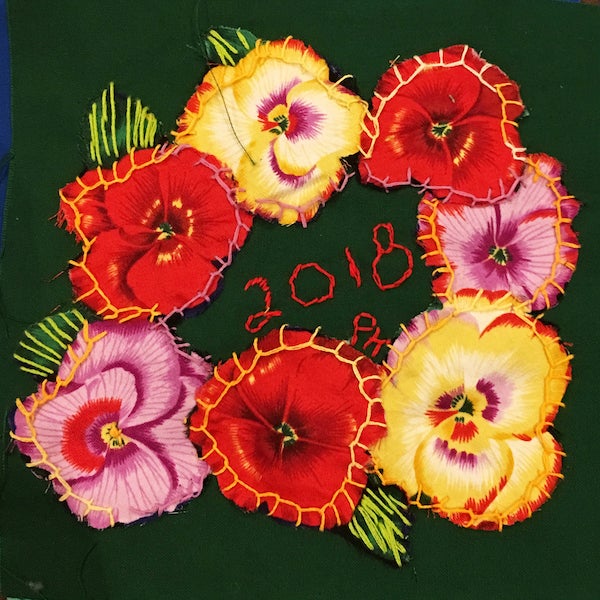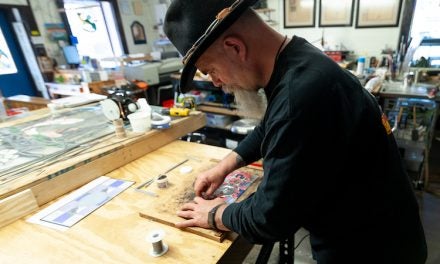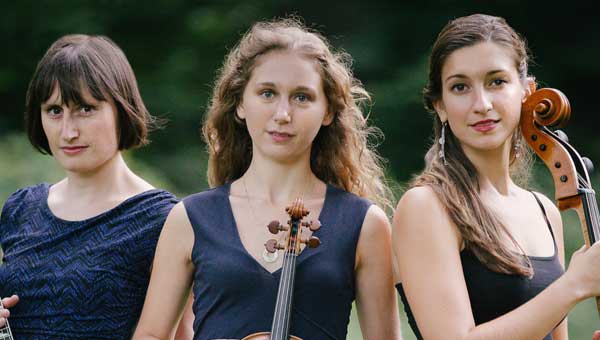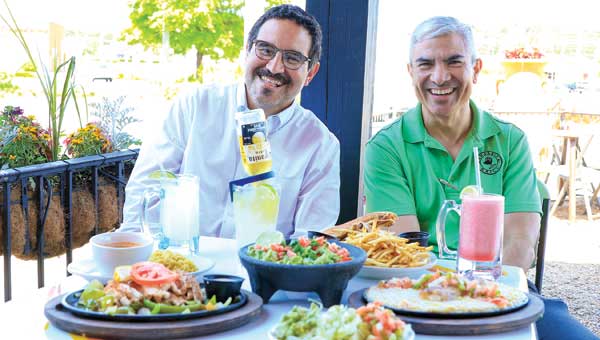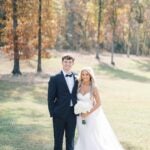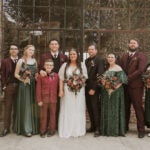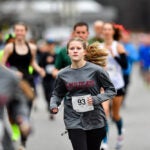Those interested in contributing to this year’s March Quilt, the theme of which is Environmental Justice: Nature, gathered at Birmingham Museum of Art to create and sew their unique ideas.
At one table was Alena Samal, with her two boys, Peter and Pasha.
Now residents of Shelby County, the Samal family is from Belarus and Dr. Andre Samal practices Internal Medicine at Shelby Baptist Hospital.
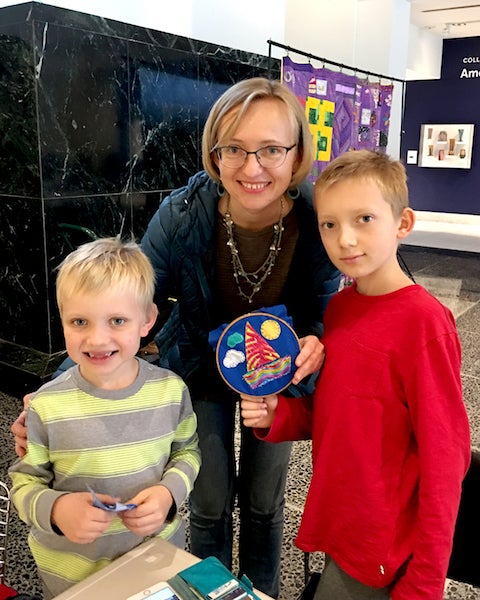
Alena Samal brings her boys regularly to the Saturday Art 101 children’s classes at BMOA, and shared that it was her husband’s dream to move to the United States. They followed in the footsteps of Andre’s mother who works at UAB in science research.
The quilting session session on Jan. 27 was led by Viola Ratcliffe and Stephanie Sullivan George.
All participants were guided in the basic simple and fun process of making a 7-inch square quilt block. No sewing experience was necessary; individuals were encouraged to create a design that fell under the umbrella Environmental Justice for Mother Earth.
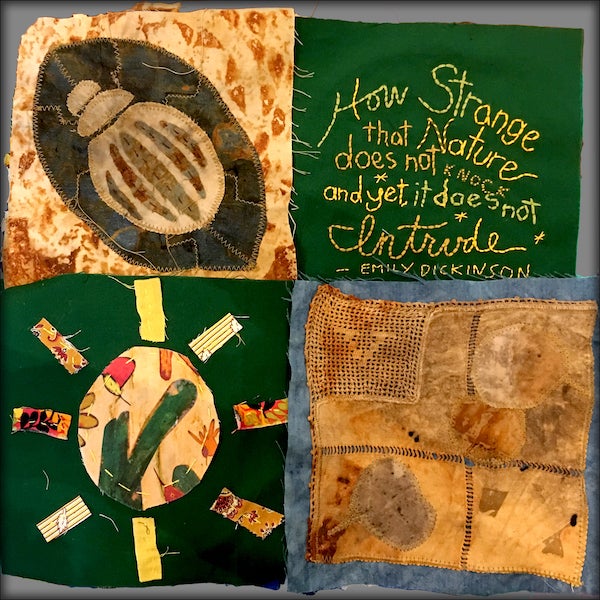
As with most all Bib & Tucker sewing sessions, ages 9-99 could attend, and indeed this range of ages was represented.
In 2015, Bib & Tucker Sew-Op partnered with the UAB Department of Art & Art History and the Birmingham Museum of Art to commemorate the 50th anniversary of the Selma to Montgomery marches.
Open sewing sessions yielded 461 quilt blocks that were stitched together and made into three quilts. These hung at the Selma Public Library and the Alabama Department of Archives in Montgomery during the anniversary.
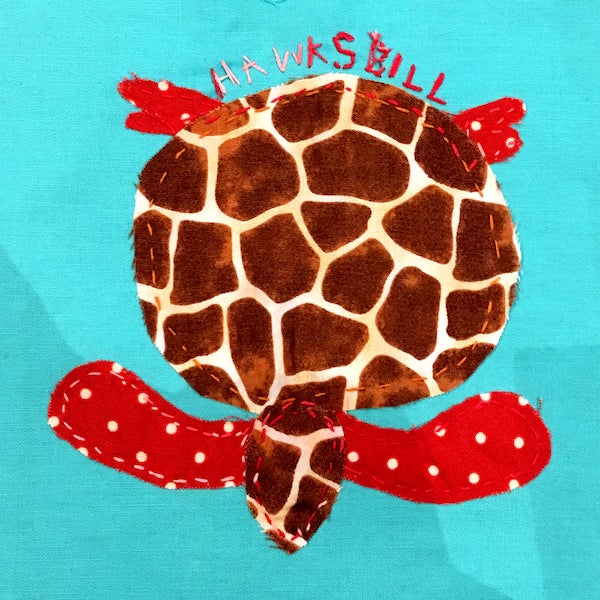
Thus The March Quilts, a community art project that sheds light on a new theme of human or civil rights each year, was born.
Lillis Taylor, executive director and co-founder of Bib & Tucker, explains the choice of name. “Bib & Tucker is British slang for a woman’s finest/best clothes. Both bibs and tuckers were items of women’s clothing from the 17th to late 19th century. We wanted to be cheeky when coming up with a name for our organization.”
Participants enjoyed camaraderie as they made their squares that were drawn, appliquéd or embroidered. A full range of sewing abilities in images, symbols or words are represented.
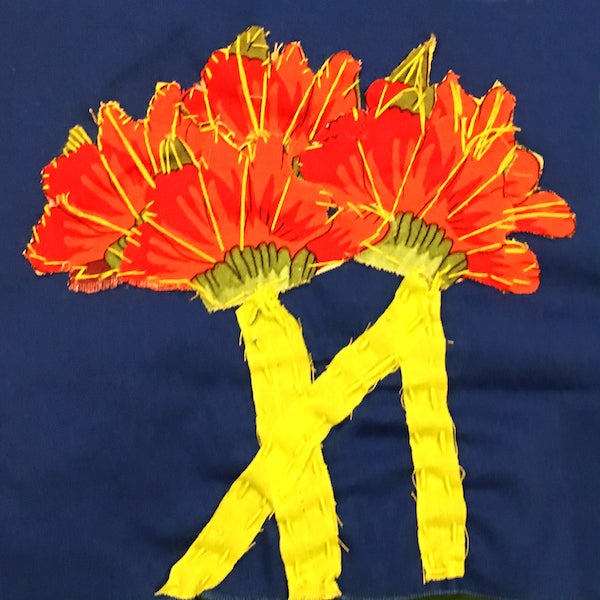
Facilitator Viola Ratcliffe joined Bib & Tucker as shop manager in January. As shop manager, she oversees the daily responsibilities of the Sew-Op including planning annual fundraisers, facilitating workshops and weekly sewing sessions, and assisting with community programs.
“I came to Bib & Tucker by way of my love of quilting,” Ratcliffe shares. “Now, I’m not a quilter and only learned how to machine sew this summer; however, I earned both my bachelor’s and master’s degree in art history.
“During that time I studied and wrote about African American quilt artists including Nora Ezell and Harriet Powers. I also wrote my thesis on a quilting collective started by Indianapolis artist LaShawnda Crowe Storm’s The Lynch Quilts Project.”
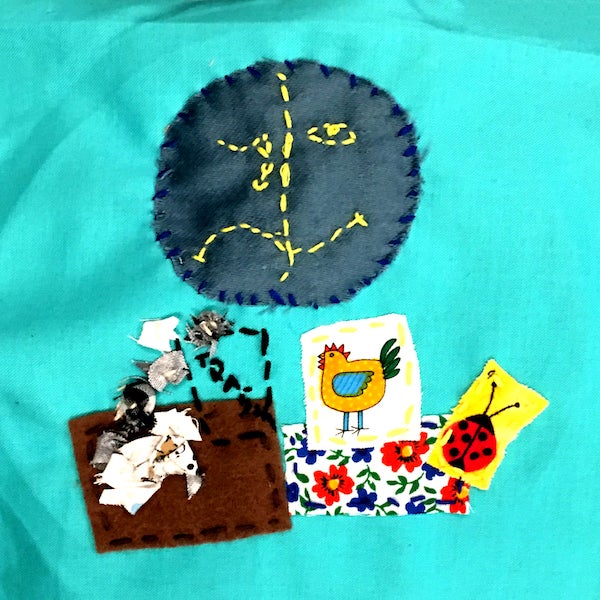
The Lynch Quilts Project is a community-based effort, which examines the history and ramifications of racial violence in the United States of America through the textile tradition of quilting.
“I appreciate the work Bib & Tucker continues to do in the Woodlawn community,” Ratcliffe adds.
“Our mission to foster sewing activities that promote education, empowerment and economic opportunity are the pillars for every program that we do.”
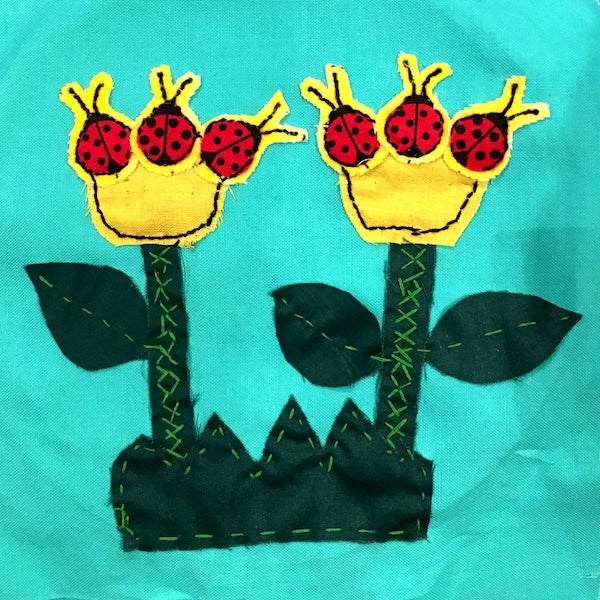
The Environmental Justice: Nature March Quilt will be permanently displayed at Birmingham Botanical Gardens beginning Earth Day, April 22.
Bib & Tucker is a 501c3 non-profit organization funded through grants and charitable contributions. One dream of the Sew-Op is to facilitate a sewing-based cottage industry that provides income and flexible working conditions for women who head their households.
Bib & Tucker Sew-Op holds weekly meetings every Tuesday from 11 a.m. to 3 p.m.
Visitors are always welcome and drop-ins are encouraged. Other than these scheduled work hours, one can learn more about the Sew-Op, by appointment by sending an email to bibandtuckersewop@gmail.com.
Learn more at Facebook.com/bibandtuckersewop.

